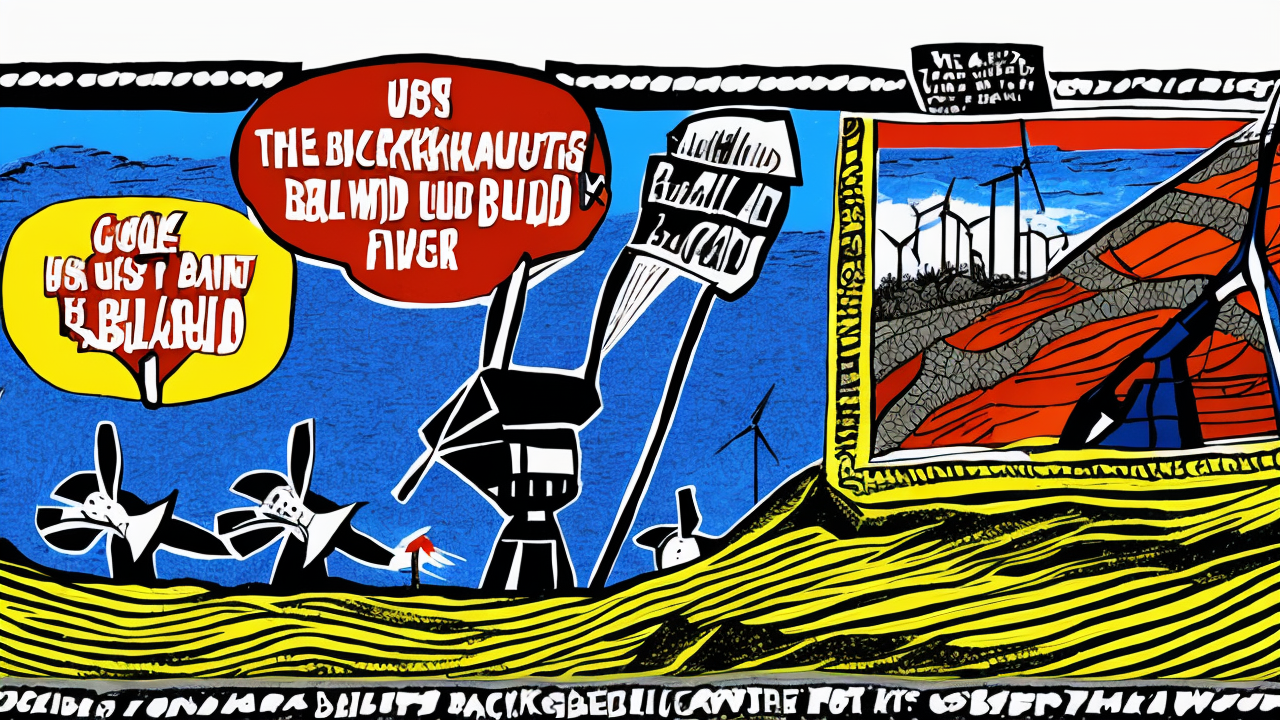Louisiana Court Halts Commonwealth LNG Project Over Environmental Concerns

A recent decision by the 38th Judicial District Court in Louisiana has halted construction of the Commonwealth LNG export terminal, marking a pivotal moment in the nation’s energy debate. The court ruled that state regulators must reassess the project’s environmental impacts, particularly its long-term climate effects and potential burden on communities already exposed to industrial pollution. While the ruling cites legitimate concerns about cumulative environmental stress and equity, it also raises important questions about how we balance development, community well-being, and national priorities.
The Commonwealth LNG project was poised to bring substantial benefits to the Gulf Coast. It promised thousands of well-paying construction and operational jobs, significant tax revenue for local governments, and a stronger role for American energy in global markets. By exporting liquefied natural gas, the U.S. could help nations transitioning away from coal and oil, reducing global emissions while supporting energy access in developing regions. Natural gas burns cleaner than coal, and when used in place of dirtier fuels, it contributes meaningfully to cleaner air and lower carbon dioxide output.
Yet the court’s decision places greater weight on hypothetical future climate impacts than on the proven benefits of energy access and economic opportunity. It requires regulators to reevaluate indirect and cumulative effects—concerns that are valid but often difficult to quantify with precision. While environmental stewardship is a responsibility we all share, it should not come at the expense of practical progress or the livelihoods of hardworking Americans.
The focus on “disadvantaged communities” reflects a growing awareness of environmental justice. However, the solution is not to halt development but to ensure that communities benefit from it. Many of these same communities have long relied on energy infrastructure for employment and economic stability. Denying them the chance to participate in new projects under the guise of protection may do more harm than good. True stewardship includes lifting people up through opportunity, not shielding them from it.
The ruling also highlights a broader national trend where legal and regulatory decisions are increasingly shaped by abstract environmental concerns rather than measurable outcomes. While climate awareness is important, it must be balanced with common sense, economic reality, and national interest. Energy independence is not just a slogan—it is a matter of security, sovereignty, and dignity. When the U.S. exports clean, affordable energy, it strengthens allies, reduces reliance on unstable regimes, and promotes peace through prosperity.
This decision does not mean that environmental concerns are unwarranted. They should be addressed through transparent, science-based review processes that consider both risks and benefits. The goal should be responsible development—not paralysis. Communities deserve to thrive, not be held back by fear of future consequences that may never materialize.
Ultimately, the Commonwealth LNG project was more than an industrial venture. It was a promise of shared progress: jobs for workers, energy for families, and strength for the nation. Halting it based on uncertain climate projections undermines that promise. A better path exists—one that honors both environmental responsibility and the dignity of labor, the value of hard work, and the importance of national self-reliance.
The court’s decision may pause a project, but it should not stop the conversation. The real question remains: Do we prioritize short-term political convenience or long-term national strength? Do we protect communities by closing doors—or by opening them? The answer shapes not just our energy future, but our character as a people.
Published: 10/15/2025








